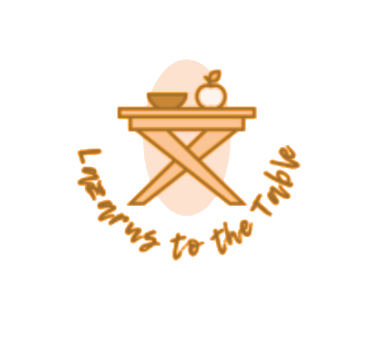Swapping roles#
I used to work in cancer hospitals. One day I was passing by the outpatients’ department when the matron pulled me aside. She related how a new receptionist reported to work that day, and was registering a new patient. On the registration form there was a blank space asking for the oncologist’s name, and another blank space for the patient’s name. By mistake the new receptionist named the oncologist the patient. The oncologist went berserk, the matron exclaimed. “He’s so superstitious!” That was the amusement of the day.
I am a slow processor. It was only in recent years that I started to digest that little accent of the day in a different way. I started to see how I must be open to the possibility of being diagnosed with cancer. Without aversion. If I shut out that prospect and if I am closed to that possibility I can’t claim to have ever been in cancer service, even as to this day I continue handling manuscripts medical physicists submit to journals for publication. I defy all my activities—I cancel all my involvement both in the clinic and in research if I’m not open to the prospect of a similar diagnosis.
If we find the prospects of a role-reversal devastating, if we push back against vice-versa circumstances, if we break that symmetry between who’s giving and who’s receiving, if the engagement is one-way, I think we’ve got some homework to do. I think the homework has something to do with what Thich Nhat Hanh called practice. Also something to do with what Ignatius of Loyola called spiritual exercises. Advancing that piece of homework would be what someone who has lived a life and seen the world calls cultured. Good values usually works from all sides of the prism, which includes different traditions, religious and secular.
Healthcare professionals are no superior to patients. Volunteers are no superior to clients. Ministers are no superior to the administered.
Likewise, I defy and cancel all my visits to nursing homes and hospice cares if I pray not to be like them. If I dread aging and ailing, I’ve got some homework to do. I would have to confront my biases and resolve some issues.
If by applauded physiology toddlers drool, what is so wrong when an older person or even myself start drooling?
Maybe that has something to do with how we over-rate strength, resilience and perseverance. I must be strong and resilient only as far as holding steadfast to my values. Beyond that, I think our veneration of strength mostly comes from self-help books. We can hold on to our values, without discount, even if we are physiologically weak. Being physiologically weak sometimes also means being emotionally vulnerable. It’s ok to be physiologically weak as much as it is alright to be emotionally vulnerable.
So it is not the end of the world to be bedridden, to be on drips and feeding tubes, to be fed and changed, to be drooling, leaking and soiling. It is alright to be dependent. It is alright to be vulnerable. We are no less honorable.
